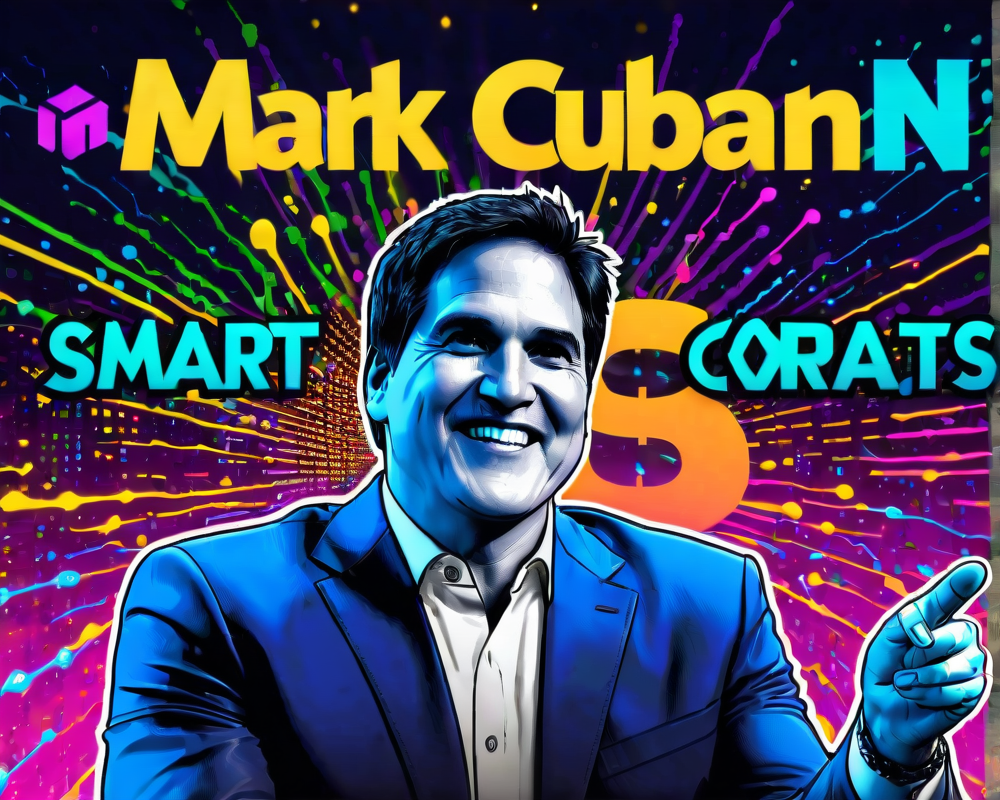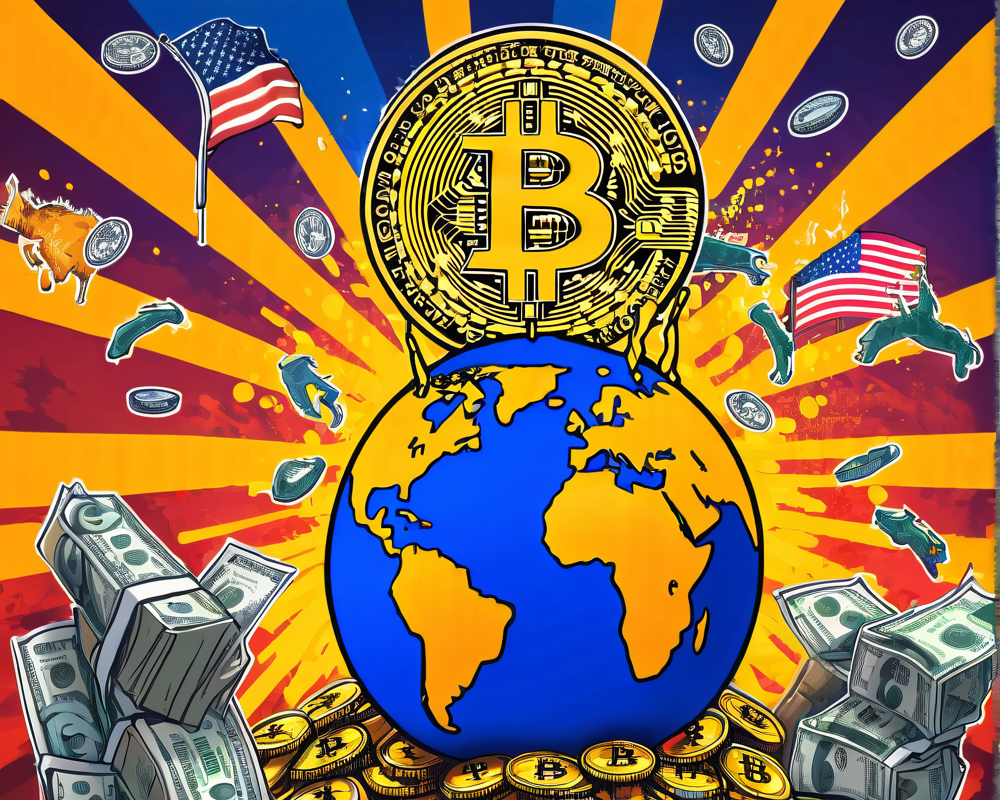Cuban’s Perspective on the Current Crypto Market
Mark Cuban, billionaire investor and owner of the Dallas Mavericks, can’t help but notice the crypto market’s recent ‘lull.’ His observations echo the turbulent times of the early 2000s when the dot-com bubble burst, leaving many overhyped startups in the dust. According to Cuban, we’re currently in an ‘imitation phase’ in the crypto/blockchain space rather than experiencing true innovation.
Understanding the Lull: What’s Behind It?
Currently, it feels like everyone is wearing gloomy sunglasses when they look at the crypto market. Most of the top 100 digital assets have seen double-digit losses in just a week. Factors such as the Federal Reserve’s recent policy changes are no doubt contributing to this bearish sentiment. Cuban warns that simply replicating what others are doing won’t cut it; innovative platforms need to step up.
The Imitation Phase: Time for a Change
Cuban believes that projects that only mimic existing applications—like transferring NFTs to DeFi protocols—are destined for failure. With careful foresight, he indicates that not every chain needs to have the same projects. The true game-changer will be the smart contracts that offer real business productivity enhancements!
The Future: Smart Contracts for Business
What Cuban envisions is a thriving future for smart contract platforms, catering particularly to commercial use. He predicts that businesses looking to improve productivity and profitability will turn to smart contracts as their secret weapon. You heard it here: When companies see those contracts as a competitive edge, the chains that embrace this shift will be the ones that stick around.
Institutional Investment: A Look at Smart Contracts in 2021
According to CoinShares’ reported trends from 2021, leading smart contract platforms have garnered substantial institutional backing. Ether (ETH) was the star of the show, with investors pouring $1.38 billion into funds. Solana, Polkadot, and Cardano also saw investments, albeit on a smaller scale, totaling $219 million, $116 million, and $115 million, respectively. This demonstrates a clear trend among investors favoring smart contract platforms.




